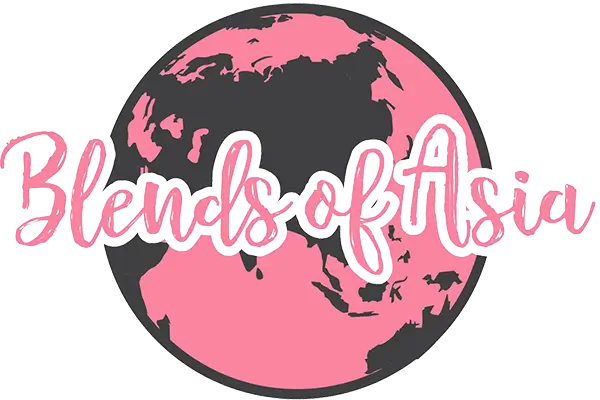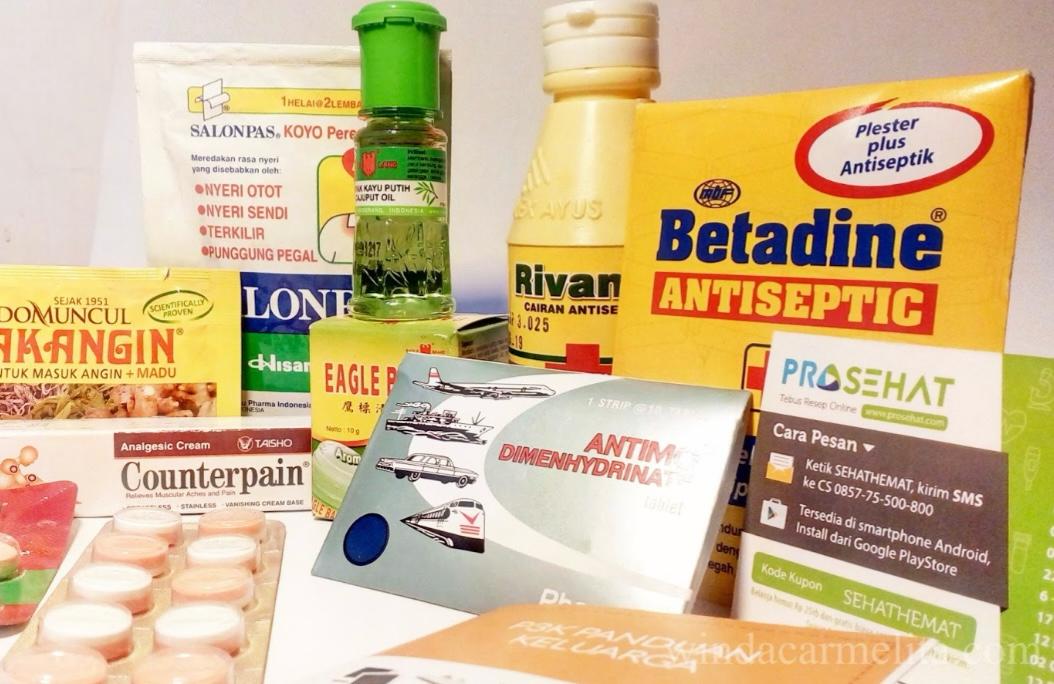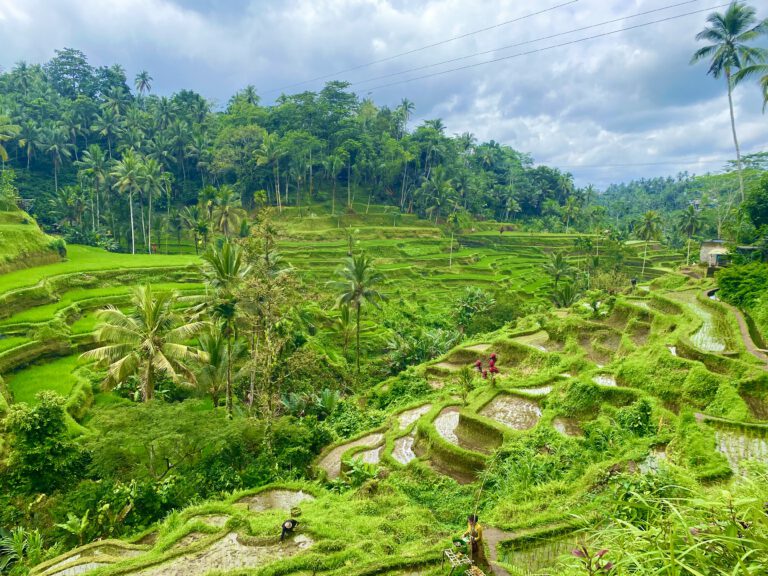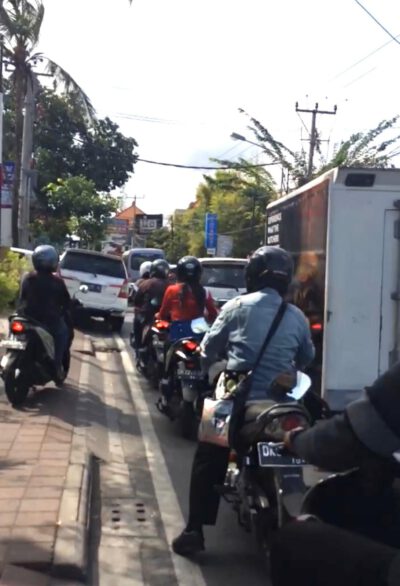If you happen to be sick in Bali, please know that there are plenty of medical facilities available. Especially in the tourist areas.
Before you travel: check if your travel insurance covers medical emergencies abroad or check if you might need additional insurance for extra coverage.
Hospitals:
Bali has some very well-equipped hospitals with medical care that meets international standards. Hospitals in Bali accept cash, credit cards and international health insurance.
A few high-quality options:
- BIMC Hospital (Kuta & Nusa Dua) – 24 hour emergency service, tourist-friendly
- Siloam Hospital (Denpasar) – 24 hour emergency service, specialized care
- Kasih Ibu Hospital (Denpasar): family-friendly: pediatrics, maternity
- Bali International Hospital
- Ubud Clinic
Pharmacies (Apotek)
- Kimia Farma: has certified pharmacists on site
- Guardian
- Many medications are available over the counter but always check with a pharmacist first. They will be able to prescribe medication based on your symptoms. If you are looking for a Western medicine, they might be available under different brand names. It helps to show them a picture of give them the name of the medicine you’re looking for.
Apps
- Air Doctor: this app helps you to find trusted doctors near you whem you’re abroad. Link: www.air-dr.com
- Halodoc: this app helps you connect with general practitioners and pharmacies. You can also book consultations with medical professionals; via chat or video call.
Most common health risks in Bali:
Reading about the most common health risks will hopefully get you informed and prepared. It’s definitely not meant to scare you from visiting Bali, just to make you aware and hopefully make you less concerned because you know what to do because you read this blog 😉
Bali Belly (a.k.a. food poisening)
Bali Belly is basically food poisoning caused by infected food or water.
How to avoid:
Taking probiotics can help to get your stomach accustomed to new bacteria.
Stick to restaurants with good hygiene, if you have a sensitive stomach or if you’re really holding on to “ avoid all risks/ better safe than sorry” . We’re not saying that you can’t eat streetfood or in warungs. Food poisoning doesn’t always have to happen from streetfood or warungs. Personally I love streetfood and warungs! Also you’ll be supporting local businesses. Just to stay cautious and trust your gut on if you feel comfortable enough to eat there. You can let it depend on how the place looks/smells/or even check their google reviews. Or stick to buying food that’s well-cooked/baked/fried. Some ” better safe than sorry” tips: avoid ice from unknown resources, wipe the cutlery with a (wet) tissue, skip eating the fresh (decorative) raw veggies. These might have have been washed with tap water. And of course wash / sanitize your hands.
Symptoms: diarrhea, nausea and vomiting, cramps, dehydration
Treatment: stay hydrated; drink coconut water or drinks with electrolytes (Pocari Sweat) or take ORS (Oral Rehydration Salts). Take probiotics or activated charcoal (Norit). Plain/light food (plain rice, toast, or broth) and avoid dairy, caffeine and alcohol. If you’re on the road, take Imodium of loperamide tot stop diarrhea.
If you’re suffering from really bad diarrhea/vomiting/dehydration, it’s worth considering ordering an IV drip. An IV drip will make you feel better soon! Also often ordered when people need a boost after a hangover 😉. I recommend Saline Bali
Always seek medical attention if the symptoms are lasting for more than 3 days and not getting any better.
Dengue Fever
How to avoid: Dengue is a mosquito borne virus which occurs in tropical and subtropical areas. The mosquitoes that carry the dengue viruses are most active from dawn to dusk and there’s a higher risk in the wet season (nov-apr). The best way to avoid dengue is to protect yourself with mosquito repellent (Sofell or Autan) and wear (loose-fitting) long clothes when you go into mosquito-infested areas.
Symptoms: symptoms (non-severe): high fever, severe headache (especially behind the eyes), sore throat, nausea, vomiting, joint- and muscle pain, rashes on both arm and legs. People with non-severe symptoms usually recover within a week. Some people develop severe symptoms like nosebleeds, bleeding gums, dark/bumpy rashes or fainting. Always seek medical attention in case of severe symptoms and go to a hospital for treatment because without treatment, severe dengue can be life-threatning.
Treatment: drink lots of fluids, rest, take paracetamol for pain, or consider getting an IV treatment for hydration. Don’t take painkillers like aspirin or NSAIDs like Ibuprofen. This might increase the risk of bleeding.
Panas Dalam
Panas dalam (literal translation: inner heat) is basically a description of symptoms of feeling feverish / cold sweat caused by drastic temperature changes. It’s believed that the drastic temperature changes wake up the dormant bacteria/viruses which will attack our immunes systems. Also experienced after long exposure to heat and direct sunlight.
Treatment: drink a lot of water, take Tolak Angin (a herbal supplement sold in sachets) or Adem Sari, cap Kaki Tiga, Madu TJ, Chrysanthemum Granule or drink Pocari sweat (isotonic drink which contains electrolytes to rehydrate and replenish lost ions).
Masuk Angin
Also a typical way for Indonesians to describe the symptoms you get from cold/wind entering the body. It almost the same as western folks describe catching a cold.
The ‘ trapped wind’ feels of the start of a flu or a cold, and usually comes with the general symptoms like a sore throat, nausea, diarrhea, headaches, gastric distress. Mostly caused by sudden climate change, causing the wind ‘ coming in’. Tip: Bring a scarf in case you’re in place where the AC of fan is pointed directly at you and avoid drastic temperature changes while being sweaty. Another tip which might sound weird to some, but it really helps: if it’s not covered yet; cover your belly button when you step into a colder area, like from a bathroom to an air conditioned room.
Treatment: Tolak Angin (herbal syrup, also often used for travel sickness), Bodrexin, Antangin or you can rub Minyak Kayu Putih on your body to warm up or relieve bloating.
A traditional Indonesian healing method is ‘Kerokan‘. This treatment is used to improve blood circulation, relieve colds, flu, muscle tension and fatigue. First they will apply balm or massage oil to reduce friction, because a coin will be scraped repeatedly along the back, neck and shoulders. The scraping will cause red marks, believed to release the ” trapped wind” (masuk angin). These red marks are temporary and they say: the redder the mark, the more “wind” (illness) is released from the body. This healing method is not recommended for people with sensitive skin or bleeding disorders.
Of course we hope you won’t have to deal with any sickness, but at least you know what to do/buy in case it happens.



